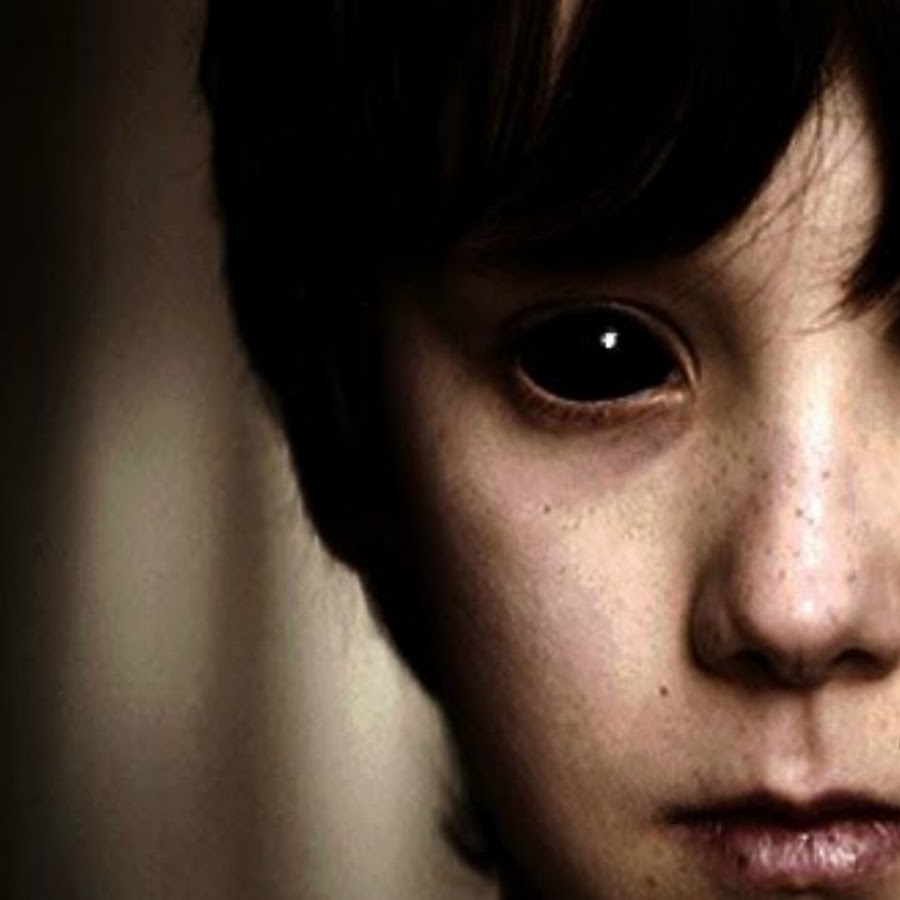Spokesperson tells Middle East Eye ‘no directives received from political leadership’ as besieged civilians face bombardment and starvation
Middle East Eye
Israel’s defence ministry has told Middle East Eye that there are currently no plans for allowing desperately needed humanitarian aid into northern Gaza.
The admission comes as Israeli forces face growing condemnation because of a weeks-long siege in the Palestinian enclave. Hundreds of people have been murdered and hundreds of thousands denied access to food, water and medical supplies.
In a statement to MEE, a spokesperson for the defence ministry appeared to place the blame on an absence of ‘political leadership’ for the seeming lack of planning over aid deliveries.
The spokesperson said: ‘As no directives have been received from the political leadership on this matter, there are currently no planning processes, tender procedures, or any engagements underway.
‘The defence establishment continues and will continue to operate solely in accordance with the government’s directives and in compliance with international law.’
The statement was sent to MEE in response to questions about a proposal by US logistics firm to establish an aid distribution hub and a ‘gated community’ in Beit Hanoun in northern Gaza.
Moti Kahana, the head of Global Delivery Company, last week told MEE that his ‘war-zone Uber’ proposal was backed by defence and military officials but had not been approved by Israeli Prime Minister Benjamin Netanyahu’s office, despite being discussed in a cabinet meeting last month.
Kahana accused Netanyahu of ‘playing politics’ and said it was unclear what direction the government would now take following the dismissal of defence minister Yoav Gallant and the election of Donald Trump as US president.
On Sunday, at least 36 people, including 15 children, were killed in Israeli strikes on two houses in northern Gaza.
Israeli forces have been widely accused by rights groups and aid organisations of implementing a campaign of ethnic cleansing dubbed ‘the Generals’ Plan’, after the north’s remaining population of about 400,000 people were ordered last month to evacuate to southern Gaza.
That accusation was echoed on Sunday by the Israeli newspaper Haaretz, which cited comments made by Israeli commanders during a tour of the area organised for journalists, during which one officer described his task as having ‘to create a cleansed space’, and said that his division was diverting aid from the north of Gaza to the south.
Another senior commander was reported as saying that civilians would not be allowed to return to the north.
‘Netanyahu’s ethnic cleansing in Gaza is on display for all to see,’ Haaretz said. ‘It’s important to call things by their name.’
The Israeli military has sought to distance itself from allegations of ethnic cleansing. It has said the remarks attributed to officers do not ‘reflect the IDF’s objectives and values’ and said it was permitting the entry of aid into northern Gaza.
Targeted killings
Residents in northern Gaza have told MEE they are how facing starvation in addition to daily bombardments and raids by Israeli forces.
On Monday, Haaretz also reported on issues with aid deliveries in southern Gaza where it said Israeli forces were allowing gangs to loot aid convoys entering the Strip through the Kerem Shalom crossing.
Citing sources in international aid organisations, it said the attacks were happening a few hundred metres from Israeli troops in territory under full Israeli control.
Several Palestinians working for local security teams in Khan Younis told MEE they had come under fire from Israeli forces while providing protection for aid supplies coming into Gaza.
‘We were bombed while securing the aid,’ said Hussain al-Amouri, 17, who said he worked with an international logistics firm delivering vaccination and medical supplies.
‘We had prior coordination and contracts. We were targeted with a surveillance drone. Four people were inside the car and were killed.’
Zaid al-Omor told MEE that his brother, Mohammed al-Omor, who was the aid security team leader in the area, was one of the four people killed.
‘They promised them safety but there’s no safety. My brother was securing the entry of fuel and medicine the day he was killed,’ said Zaid al-Omor.
On Saturday, the independent Famine Review Committee (FRC) warned there is a ‘famine is imminent in areas’ in northern Gaza.
The heads of a number of UN agencies and international humanitarian organisations earlier this month described the situation in northern Gaza as ‘apocalyptic’.
‘The entire Palestinian population in North Gaza is at imminent risk of dying from disease, famine and violence,’ they said.
